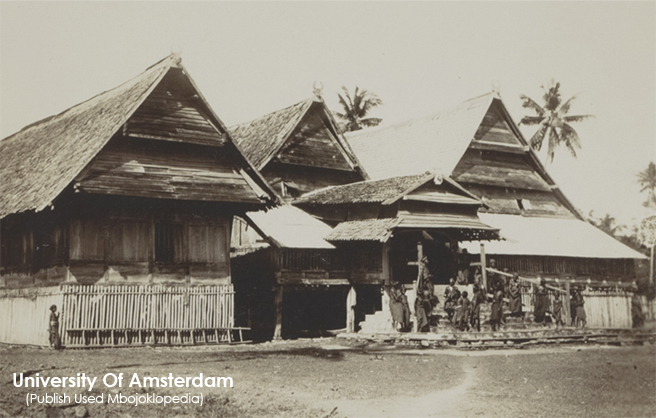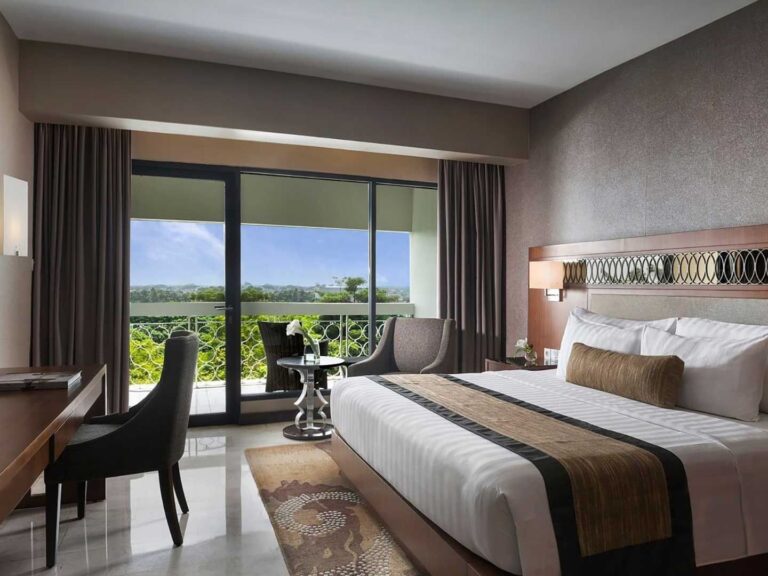Minimalist House: The Modern Life That Is Efficient and Breathtaking Introduction
Modern lifestyles demand efficiency, simplicity, and aesthetics congruent with spatial demands. While exploding urbanization and changing times, one architectural concept has risen to the challenge: the minimalist house. It is not just a fashion of the day; this concept is a quieter, neater, and utilitarian lifestyle. A minimalist home offers an efficient solution to the use of space, energy-efficient technology, and aesthetically pleasing environments to the eye.
The article comprehensively discusses minimalist homes, their definitions, history, design methods, advantages and disadvantages, and how to build and sustain them. It is also supported by real-life examples and a discussion of minimalist living in the context of modern homes.
Definition of a Minimalist Home
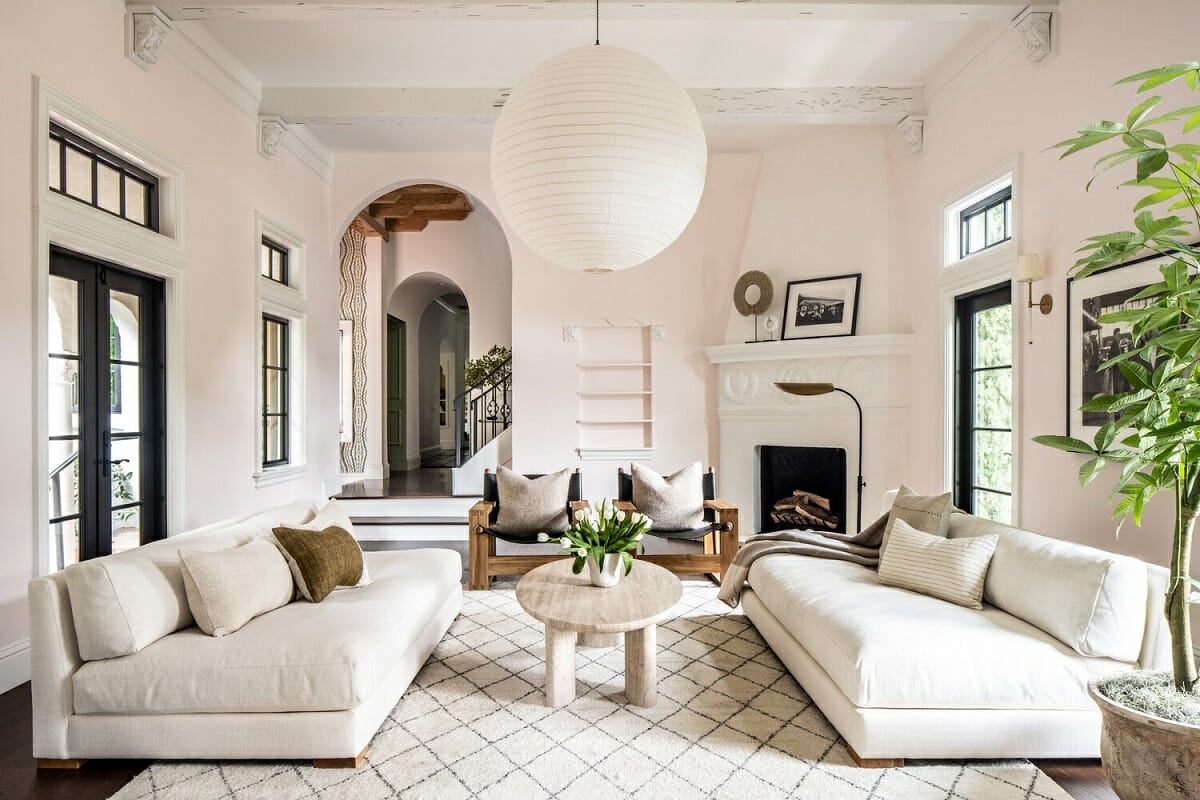
Typically, a minimalist house is a house designed in simplicity of form, space efficiency, and functionality without sacrificing beauty. Minimalist architecture eliminates what is unnecessary and concentrates on the essentials. The maxim “less is more,” popularized by architect Ludwig Mies van der Rohe, is the overarching concept of this design.
In a minimalist home, there are few or no ornaments or decorations that are not needed. Every room serves a specific function, and the furniture is carefully selected. The result is meant to be a clean, cozy, and open ambiance, no matter how small the space.
A Brief History of Minimalist Architecture

Minimalist architecture‘s roots trace back to the revolutions of art and design of the early 20th century, the Bauhaus movement in Germany, and De Stijl in the Netherlands. However, the minimalist concept as a lifestyle gained popularity in Japan through the Zen philosophies of simplicity, harmony, and order.
The concept was adopted in Western architecture in the 1960s and 1970s and has expanded manyfold since then, especially in populous and expensive cities such as Tokyo, New York, and Singapore. Low-cost minimalist homes have been popular in Indonesia since the early 2000s because of a shortage of land as well as a desire for inexpensive, low-maintenance homes.
Features of a Minimalist House
Geometric Simple Design
The building shape favors straight, strict lines, horizontal, and vertical. The outside appears to be neat.
Open Space and Adequate Airflow
Intides are typically open, connecting the living area, dining area, and kitchen without stiff partitions.
Neutral Colours
Principal colours are white, gray, black, beige, or light brown and give the impression of space and neatness.
Simple and Adaptable Furniture
Furniture is chosen not just for appearance, but also for functionality, like a storage bed or collapsible dining table.
Maximum Natural Lighting
Most minimalist homes feature giant windows, skylights, or sliding glass doors to let in plenty of natural light.
Minimal Decoration
Walls are blank or decorated with one or two minimalist elements like monochrome paintings or small houseplants.
Advantages of a Minimalist Home
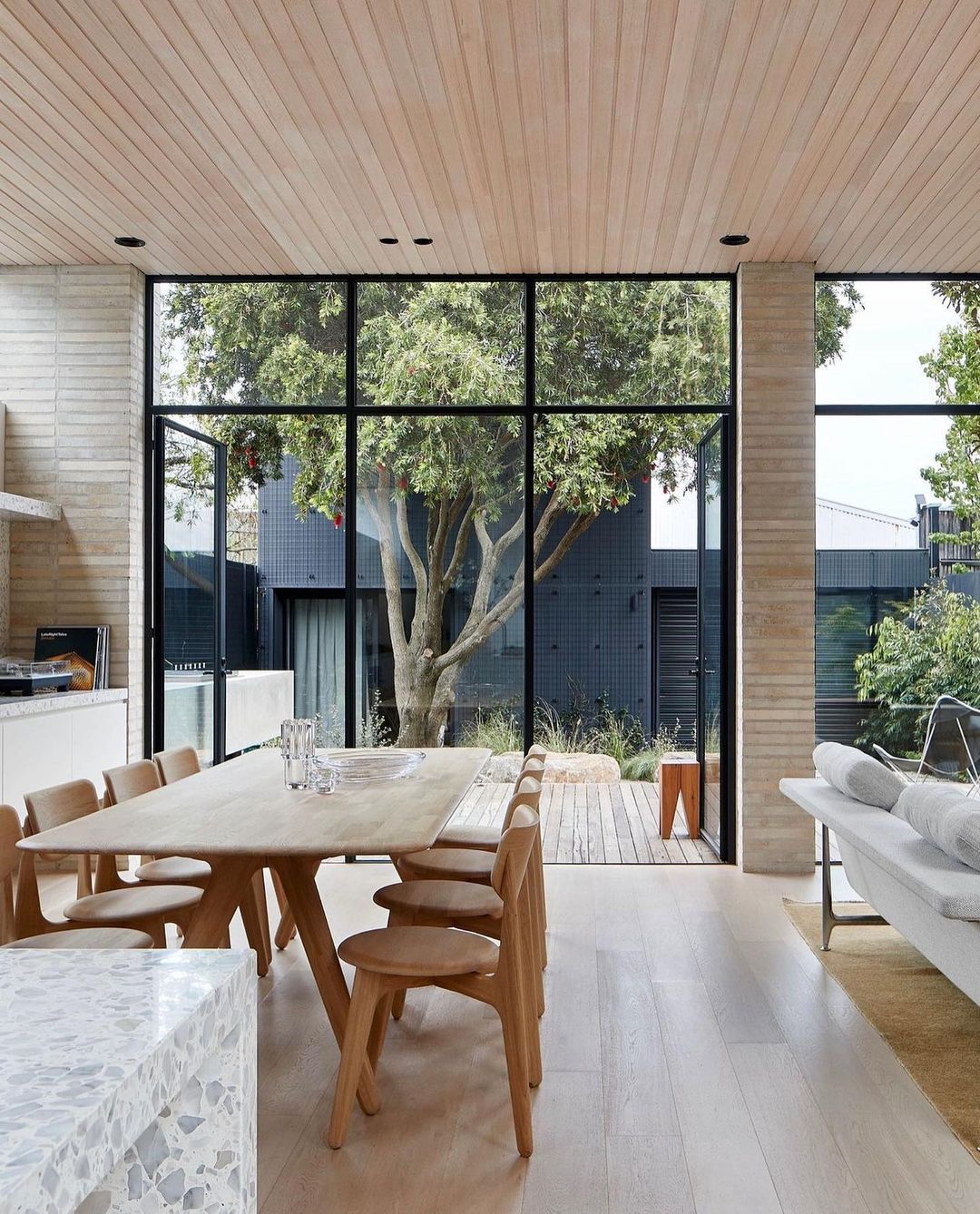
Space Efficiency
Every square meter has a purpose. There is no wasteful or redundant space.
Cost-Effective
The less complex design lowers the construction and upkeep costs of houses. The utility bills and air conditioning bills are lower as well.
Easy to Clean
With fewer pieces of furniture and decorative items, the house is simpler to clean, ideal for busy professionals with little time for anything else.
Modern Aesthetic
The aesthetic has a clean, organized, and contemporary look, perfect for those who like clean and professional environments.
Improved Quality of Life
Cleanly arranged and de–cluttered spaces create a serene atmosphere, reduce stress, and enhance concentration.
Drawbacks of a Minimalist Home
- Not Very Ideal for Collectors
If you are fond of collecting antiques and decoratives, minimalism may be too limiting in that it avoids unnecessary items. - Requires High Discipline
It requires discipline in maintaining its cleanliness as well as respecting minimalist principles. The home may become dirty easily without discipline. - Risk of Being Cold or Sterile
If there is not enough decoration, the house may sometimes be too “void” or impersonal. That may be countered by adding some natural elements like plants or wood.
Tips for Creating a Minimalist House
Plan Space Requirements
Decide the number of bedrooms, office spaces, or living areas needed. Don’t construct rooms that won‘t be used regularly.
Apply Open Floor Plans
Merge the living room, dining room, and kitchen into a single big room without partitioning to provide a sense of spaciousness.
Select the Correct Materials
Apply materials such as exposed concrete, wood, glass, or metal that are long-lasting and suit minimalist designs.
Prioritize Functionality
Every piece of furniture must have a specific purpose. Prioritize items that can serve more than one purpose.
Use Natural Light and Ventilation
Create large windows, cross ventilation, and vaulted ceilings to make the house airy and fragrant.
Indonesian Minimalist Houses: Local Adaptations and Trends
Minimalist homes in Indonesia have been adapted to suit the tropical climate and indigenous culture. The following are some of the unique characteristics of Indonesian minimalist houses:
- Front porches are kept as social areas.
- Sloping gable roofs for rainwater runoff.
- Cross ventilation to cool the house without air conditioning.
- Wood or natural stone accents are introduced for coziness.
Trends today have interactions with minimalism and Scandinavian, Japandi (Japanese + Scandinavian), or industrial.
Examples of Minimalist Floor Plans
Type 36
2 bedrooms
1 bathroom
Shared living area, kitchen, and dining
Little front and back garden
1–car carport
Type 45 or 60
- Additional workspace or guest room
- Individual kitchen
- Balcony or rooftop laundry
Minimalist Homes and the Minimalist Lifestyle
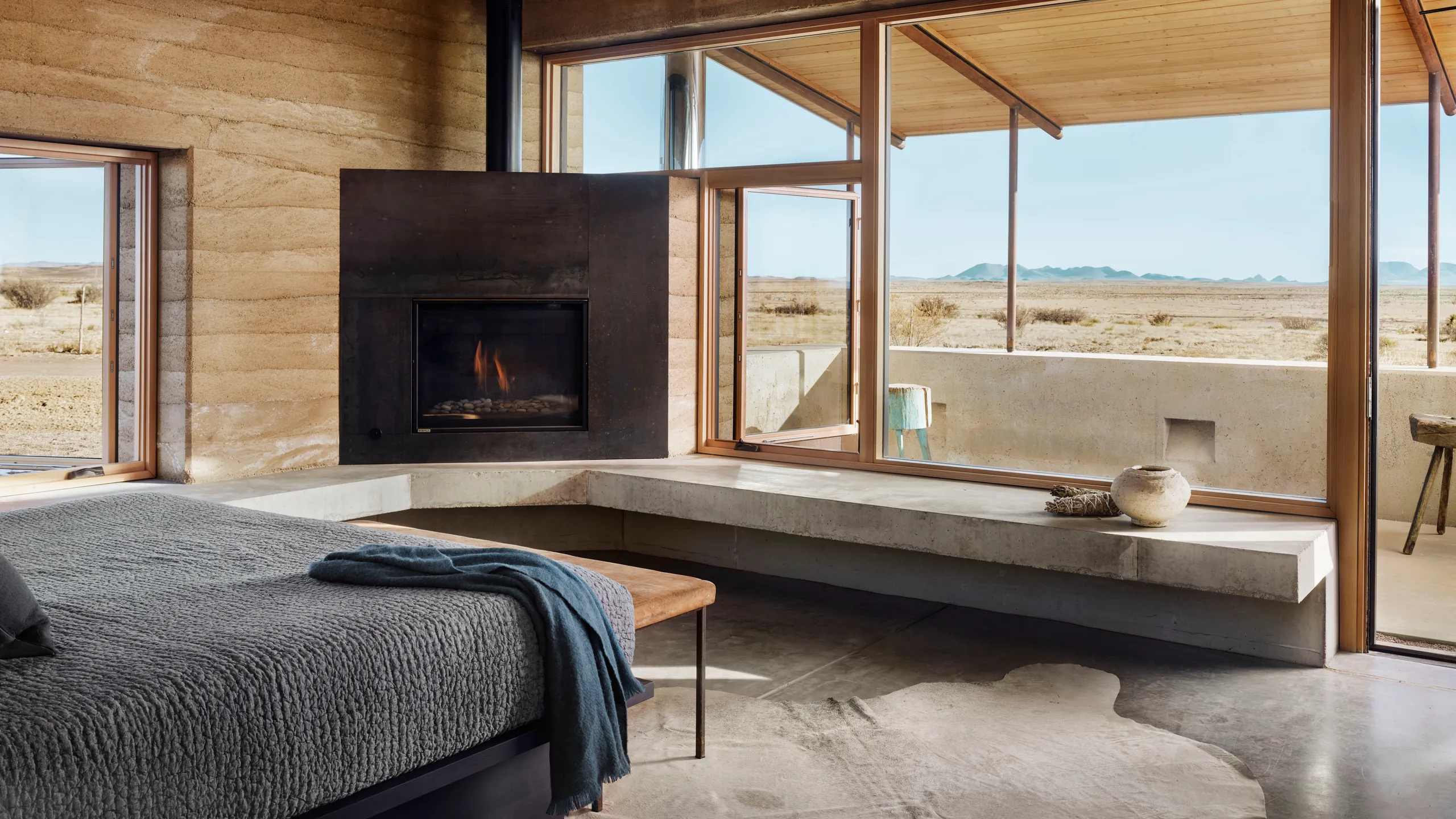
Minimalist homes are best when the inhabitants of the home live a minimalist lifestyle, which entails:
- Cutting back on items that are not required.
- Buying high-quality, durable commodities.
- Cleaning the home regularly.Realizing that happinessisn’t derived from having more, but from being satisfied with less.A minimalist
Life allows individuals to concentrate on what matters—family, good health, and self-improvement.
Conclusion
A minimalist house is more than merely a building style; it‘s an intentional, systematic, and effective approach to living. By removing the unwanted, we can have a more serene life, a more cozy house, and a cleaner environment.
For others, a minimalist home meets the needs of modern living: stunning and simple, utilitarian but uncluttered. Minimalist style is adaptable and can be used on various land lots and suited to local weather and culture, not least in Indonesia.
As you set out to build or rebuild your home, think about having a minimalist design, not just to be cool, but to live more meaningfully.
- “According to Architectural Digest, minimalist homes continue to gain popularity in urban environments.”
- “Combine minimalism with smart features—read our post on [smart home trends].”

